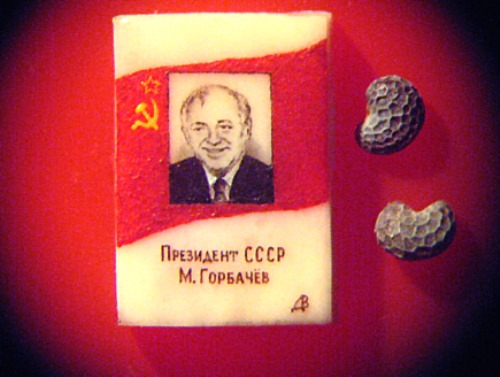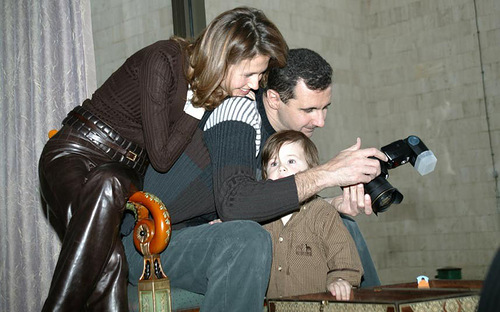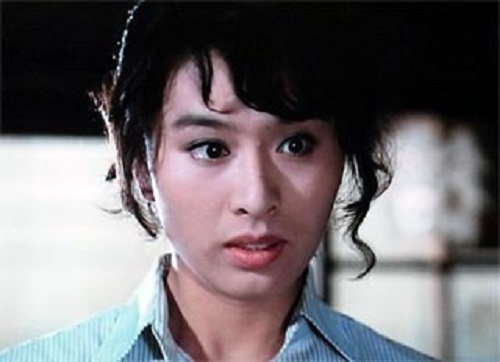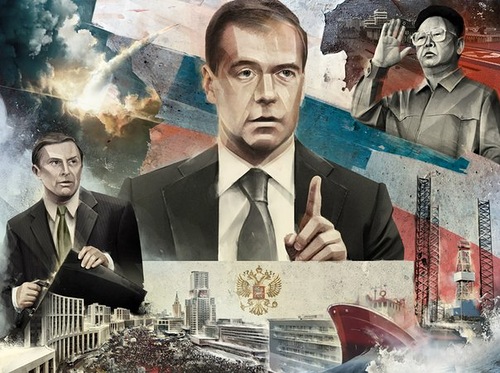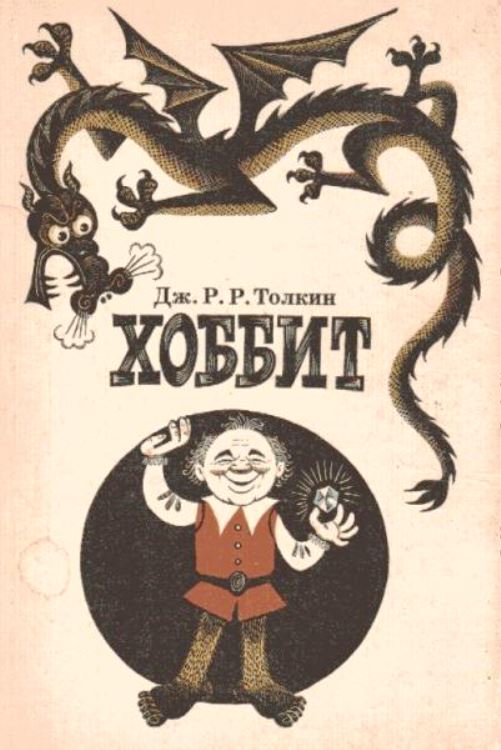Gorbachev the Man who changed the world
Gorbachev the Man who changed the world
In fact, whether we like it or not, Mikhail Sergeevich Gorbachev is that man. Born 2 March 1931, he became General Secretary of the Communist Party in 1985 after the death of Chernenko, and became president in 1988. He tried to reform the USSR by restructuring the economy, known as “perestroika”, and encouraging greater openness – “glasnost”. However, according to the majority of polls, comments and opinions, he became the most unpopular leader of the country. Moreover, for many who were born and raised in the USSR, he is simply the most inept leader. And most importantly, the traitor of the interests of the people.
Vladimir Putin talks to former Soviet President Mikhail Gorbachev 21 December 2004 before a press conference of German Chancellor Gerhard Schroeder and Putin at Gottorf castle in Schleswig. Lucrative energy deals, the sale of bankrupt oil group Yukos and a fresh initiative for Chechnya were at the top of the agenda. Meanwhile, it was a second day of talks 21 December 2004 between Putin and Schroeder.
Twenty years earlier in October 1986, the leaders of the USSR and USA met at the height of the Cold War to resolve the nuclear arms race that threatened the safety of the entire world. Gorbachev and Reagan faced each other across a table in the Hofdi House in Reykjavik, Iceland.
The meetings over two days were tense. However, gradually the two leaders formed a unique and important personal relationship. And ultimately formed the basis for massive reductions in nuclear weapons and made the world a safer place. The discussions also recognized human rights as a legitimate topic to be on the superpowers agenda, and signaled the beginning of the opening up of the Soviet Union.
In fact, it was the two-day US-Soviet Summit dedicated to the disarmament. Nine years of talks ended 31 July when two heads of state signed START (the Strategic Arms Reduction Treaty). The document will cut the superpowers’s nuclear arsenals by up to a third. The Soviet leader called the treaty “a moral achievement” which replaced “militarized thinking” with “normal human thinking”.
The politicians, in particular, hold a signed print of people crossing the Boesbrucke border bridge. Meanwhile, they crossed the same bridge during a ceremony to mark the 20th anniversary of the fall of the wall in Berlin November 9, 2009. Germany is celebrating the 20th anniversary of the fall of the Berlin Wall on November 9, 2009 with many world leaders coming to Berlin to mark the event.
Gorbachev the Man who changed the world

A general view during the Gorby 80 Gala at the Royal Albert Hall on March 30, 2011. The concert is to celebrate the 80th birthday of the former Soviet leader

Rome, December 15, 2007. Dalai Lama jokes with Mikail Gorbachev during the Summit of the Nobel Peace Prize Laureates closing ceremony. The Protomoteca Hall.

(L-R) Alexander Lebedev, David Furnish, Mikhail Gorbachev and Sir Elton John attend the Raisa Gorbachev Foundation Party. Stud House, Hampton Court Palace. June 2, 2007. The night is in aid of the Raisa Gorbachev Foundation – an international fund fighting child cancer

London, March 30. (L-R) Kevin Spacey, Sharon Stone, Mikhail Gorbachev and Paul Anka. On stage during the finale of the Gorby 80 Gala at the Royal Albert Hall. March 30, 2011

(L to R) Arnold Schwarzenegger, Mikhail Gorbachev, and Israeli President Shimon Peres. The Gorby 80 Gala at the Royal Albert Hall. March 30, 2011 in London, England

Cuban president Fidel Castro talks with General Secretary of the Communist Party of the Soviet Union Mikhail Gorbachev and his wife Raisa. After laying a wreath at the Lenin Park Memorial in Havana on April 3, 1989. The Soviet Leader is in Cuba for an official four- day visit and for the first time in Latin America

In front of the Hofdi House in Reykjavik, during a return visit to Iceland in October 2006. Gorbachev the Man who changed the world

Gorbachev plants a tree during a ceremony in Potsdam. 03 October 2005, on the occasion of Germany’s Reunification Day

Chairman of the presidium of the USSR Supreme Soviet Mikhail Gorbachev and his wife Raisa Gorbacheva. Talking with officials of the Chernobyl nuclear power plant. February 23, 1989 during Soviet Leader’s first visit to the plant since April 1986 disaster

A Soviet Russian lady and her cat watch television in Moscow on December 31, 1988. Meanwhile, Soviet leader Mikhail Gorbachev delivers his New Year message to the Union

Boris Yeltsin gestures towards Soviet President Mikhail Gorbachev in Moscow on August 23, 1991. Then he enjoins him to read a paper during session of Russian Parliament

A picture taken on August 25, 1991from a NBC-affiliate broadcast on WRC-TV. It shows Soviet President Mikhail Gorbachev speaking in a video message taped on August 19, 1991. It was, in fact, the second day of his captivity. Gorbachev said there had been an unconstitutional coup and that he was completely well. Gorbachev returned to Moscow 22 August 1991 after the coup had failed

Leonardo DiCaprio and President Mikhail Gorbachev onstage during the Annual Cinema For Peace Gala. During day five of the 60th Berlin International Film Festival at the Konzerthaus am Gendarmenmarkt. February 15, 2010 in Berlin, Germany

Former US President Ronald Reagan, his wife Nancy, former Soviet President Mikhail Gorbachev and his wife Raisa chat 03 May 1992 in the front yard of the Reagan’s ranch in Santa Barbara

Former USSR leader Mikhail Gorbachev touches the casket containing the remains of former US president Ronald Reagan at the Rotunda of the Capitol Building in Washington, DC 10, June 2004.

It has been 12 years since the death of Raisa Gorbacheva, the beloved wife of former Soviet President. Gorbachev the Man who changed the world
bigpicture.ru








